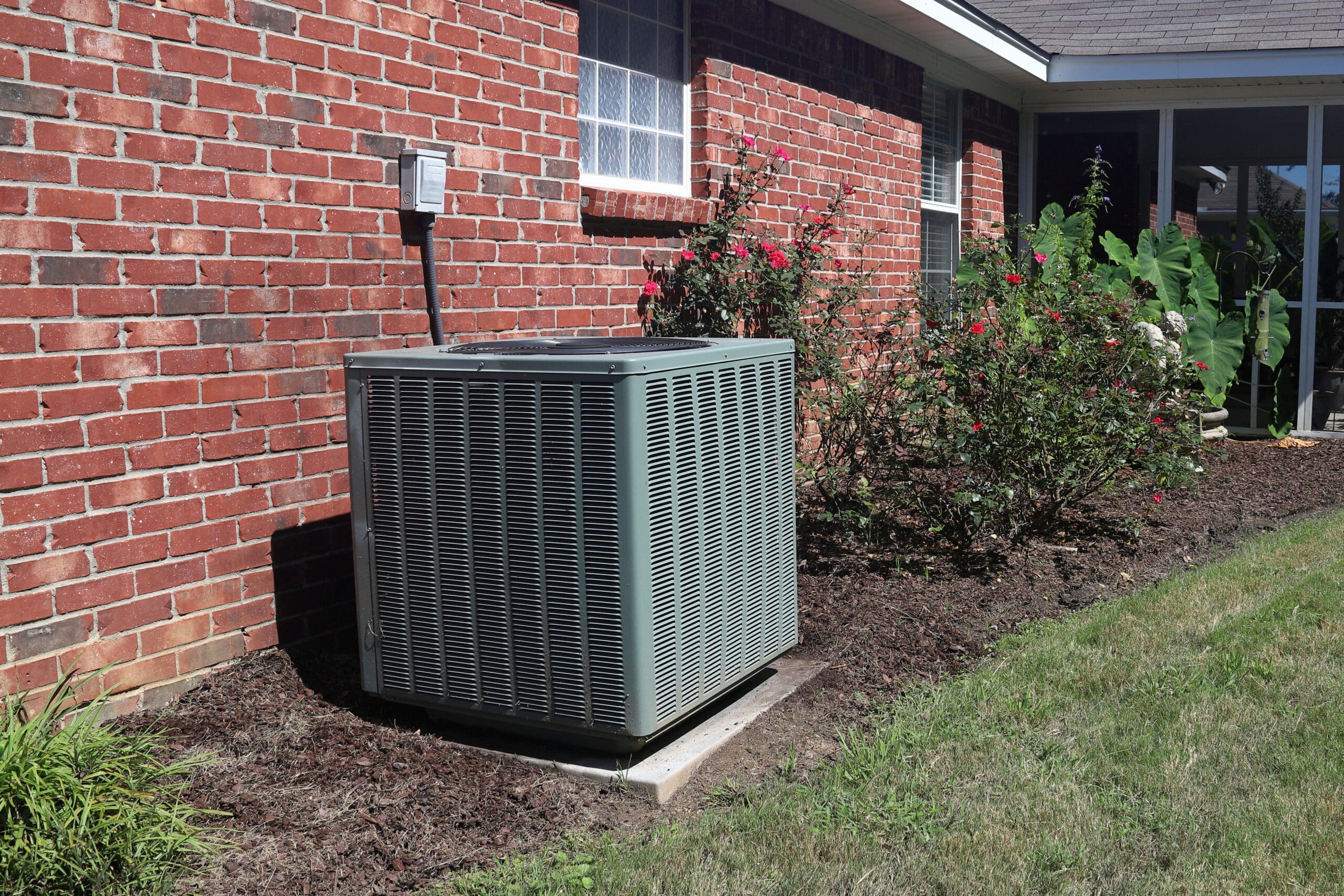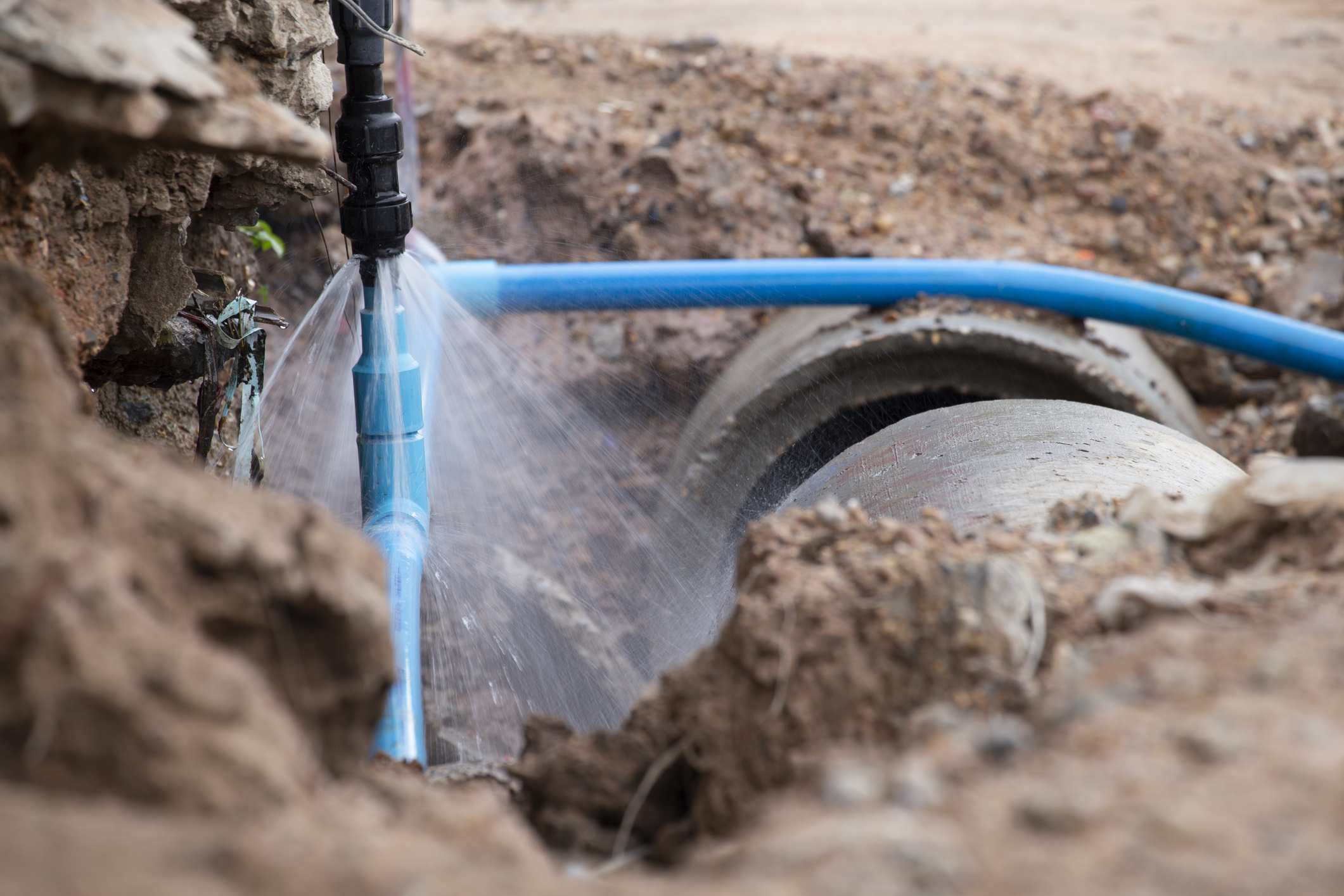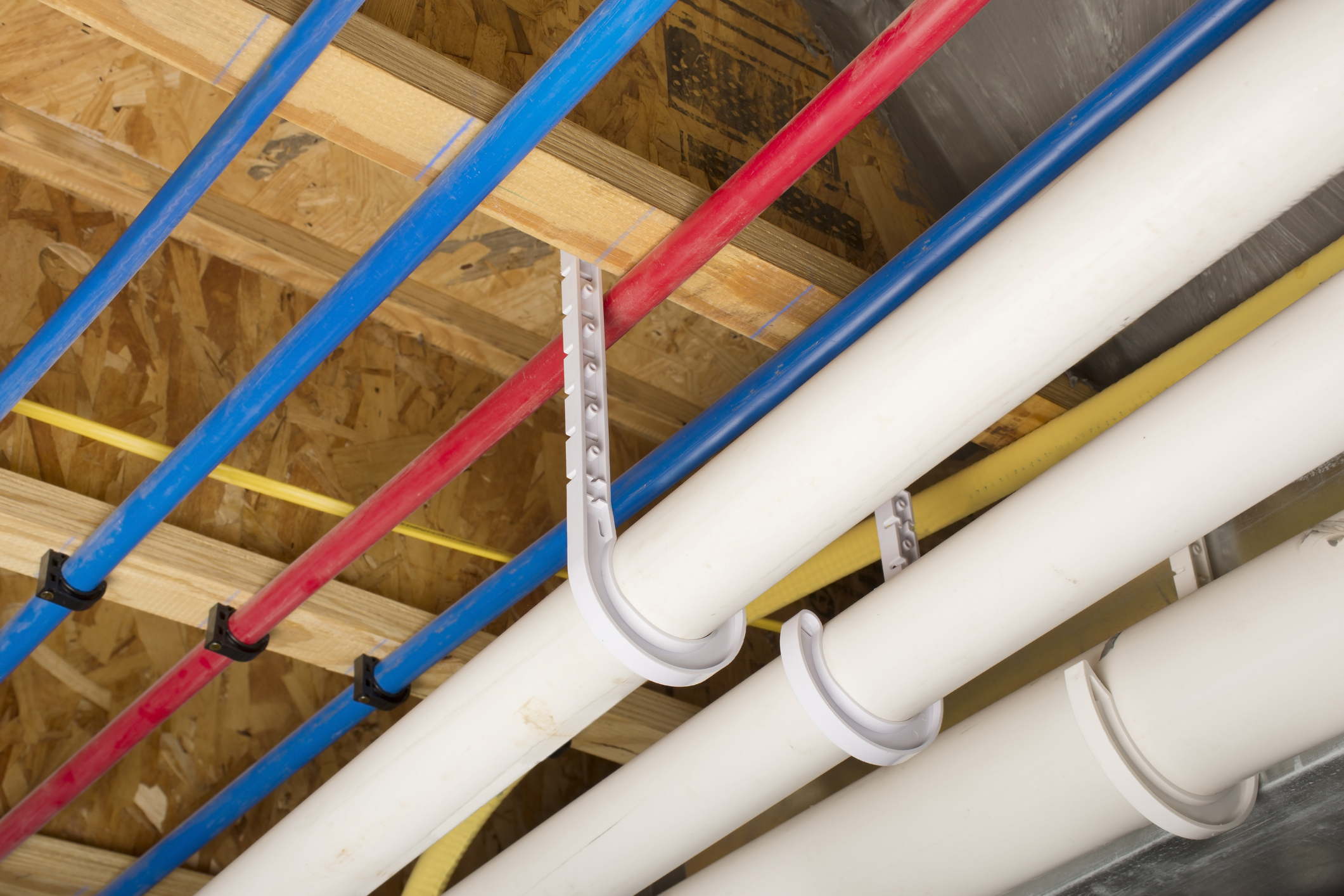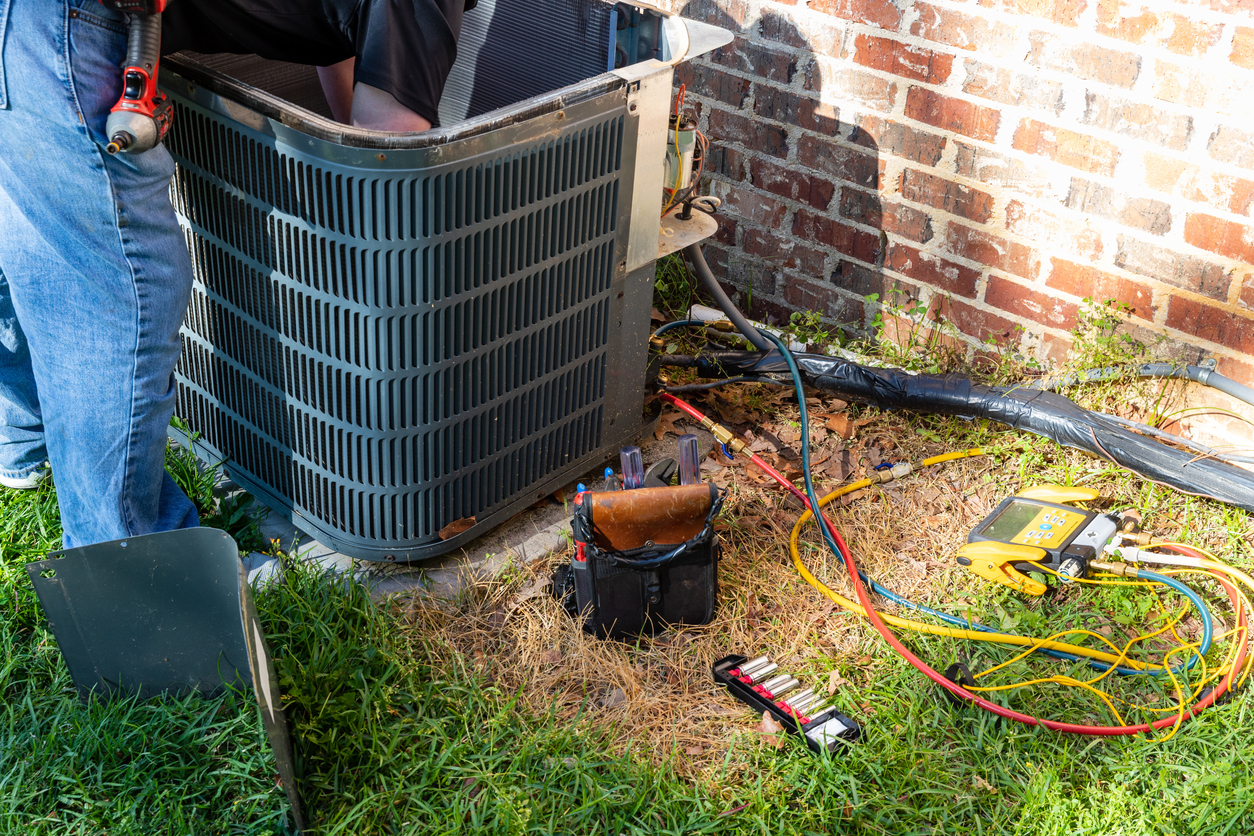Tampa's HVAC Services | License #: CAC1818057

What is an AC Compressor?
The AC compressor is often referred to as the heart of any air conditioning system. It plays a crucial role in cooling your home or office, making it an essential component of your comfort during hot weather. In this blog post, we will explore what an AC compressor does, why it’s important, and provide tips on maintaining your air conditioner compressor to ensure efficient operation.
What is an AC Compressor?
An AC compressor is a vital part of your HVAC system, primarily responsible for circulating the refrigerant necessary for heat exchange through the coils of your air conditioner. It works by compressing the refrigerant and moving it through the system so it can absorb heat from the indoors and release it outside. This process is what keeps your space cool and comfortable.
The Role of the AC Compressor in Your HVAC System
The compressor for your AC unit is the starting point of the cooling cycle. When your thermostat signals that the indoor temperature is higher than the desired setting, the HVAC compressor kicks into action. It draws in the low-pressure, gaseous refrigerant from the indoor unit, compresses (increases the pressure and temperature) the refrigerant, and then pushes it to the condenser coil where the heat is released to the outdoors.
Types of AC Compressors
There are several types of compressors used in air conditioning systems, including piston, scroll, and rotary compressors. Each type has its unique advantages and is chosen based on the specific requirements of the HVAC system, such as efficiency, noise level, and the size of the space to be cooled.
Maintenance Tips for Your Air Conditioner Compressor
Proper maintenance of your air conditioner compressor can extend its lifespan and enhance its efficiency. Here are some tips to keep your compressor running smoothly:
Regular Cleaning: Dirt and debris can clog the outdoor compressor unit, leading to overheated components. Ensure the area around the compressor is clear and clean the fins of the outdoor unit regularly.
Check Refrigerant Levels: Low refrigerant levels can cause the compressor for your AC unit to work harder, which can shorten its lifespan. Have a professional check the refrigerant levels annually.
Inspect Electrical Components: Electrical faults can also cause significant damage to your HVAC compressor. It’s important to have the electrical connections and wirings checked regularly to prevent malfunctions.
Schedule Professional Maintenance: A professional technician can perform a comprehensive check that includes inspecting the compressor, checking for leaks, and making sure the system is running efficiently.
Signs You Need to Replace Your Compressor
Understanding the signs that indicate a failing AC compressor can help you prevent further damage to your HVAC system. Some signs to watch out for include:
Strange Noises: If your compressor makes rattling, banging, or hissing noises, it might indicate mechanical failures or refrigerant leaks.
Reduced Cooling Capacity: If your system isn’t cooling as effectively as it used to, the compressor may be failing.
Increased Energy Bills: An inefficient compressor can lead to a significant increase in energy consumption as it struggles to maintain the desired temperature.
Conclusion
The role of the AC compressor in your HVAC system cannot be overstated. It is fundamental to your air conditioner’s ability to cool your home efficiently. By understanding what your air conditioner compressor does and taking steps to maintain it properly, you can ensure that your system operates at peak efficiency for years to come.
If you’re experiencing issues with your HVAC compressor or have questions about maintaining your system, don’t hesitate to contact The Comfort Authority. Our team of experts is ready to help ensure your system is in top condition. Contact us today to schedule a consultation and keep your system running smoothly. Remember, maintaining your AC compressor is investing in your comfort!
Recent News

Why Does My Toilet Flush Twice?

Why Does My Bathroom Smell Like Sewage?

Broken Pipe? 5 Common Causes

Types of Plumbing Pipes: Which are Best for Your Home?

What to Do In Case of an Emergency Water Leak

Why is My Air Conditioner Making a Dripping Noise?

What Should You Set AC to in Florida When Away From Home?
